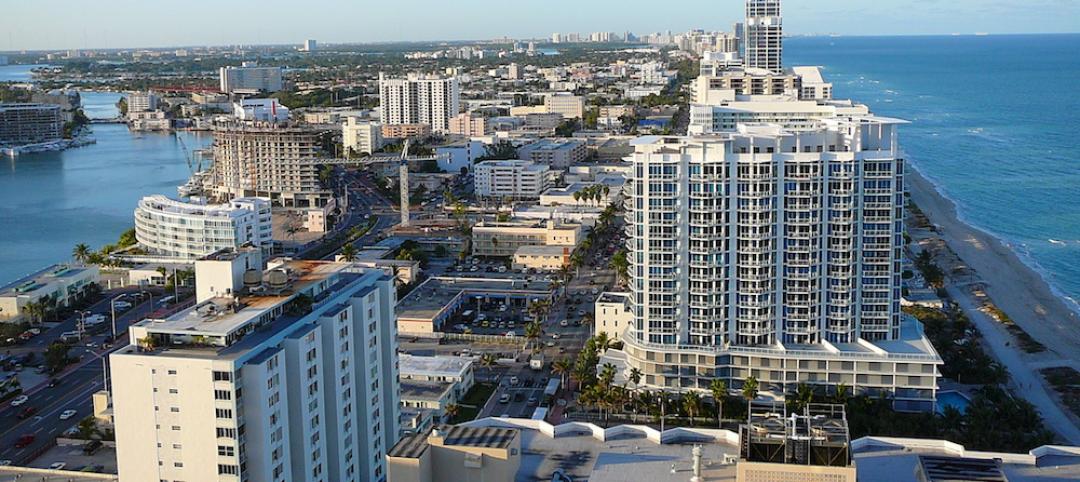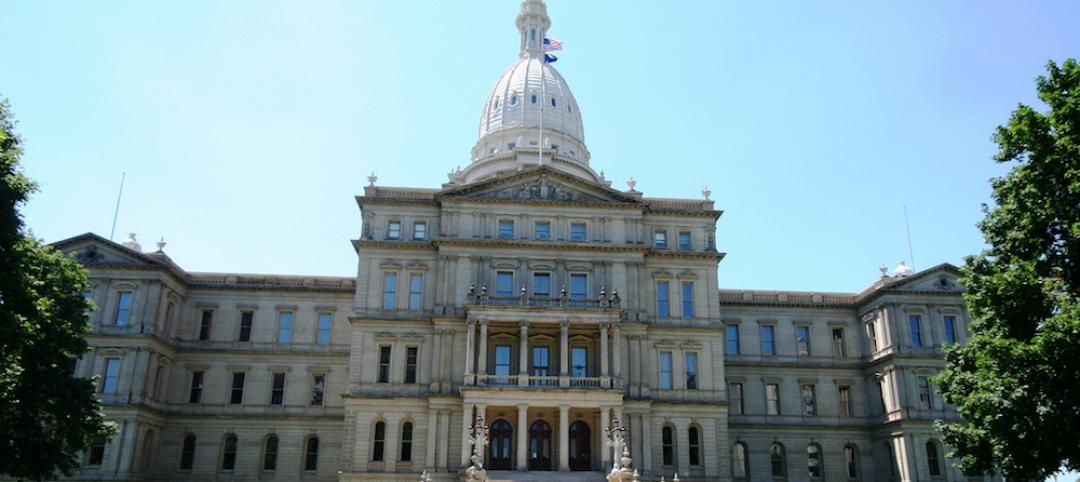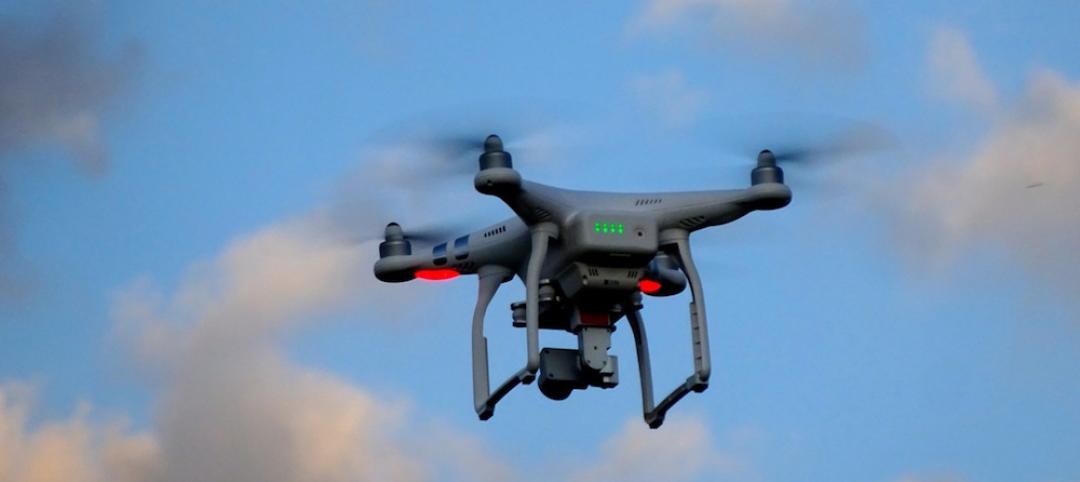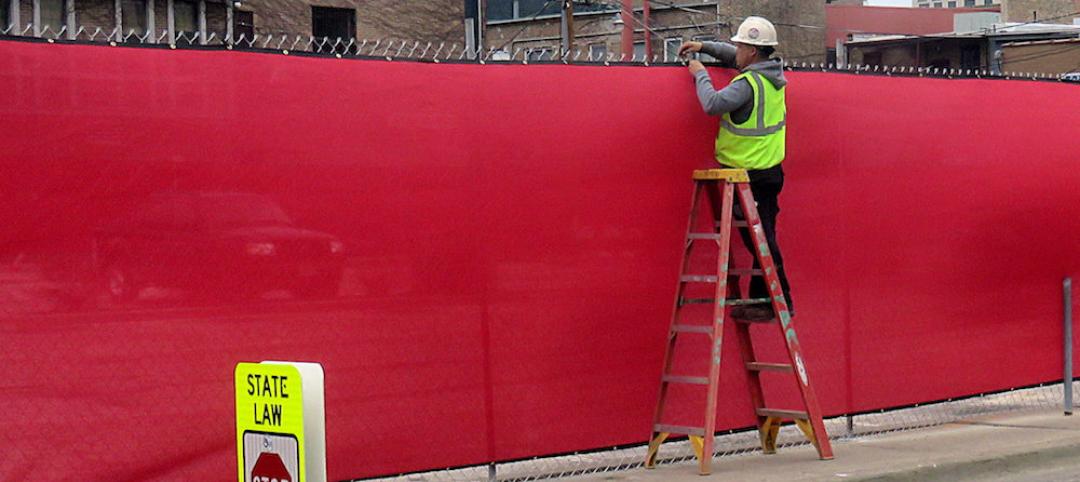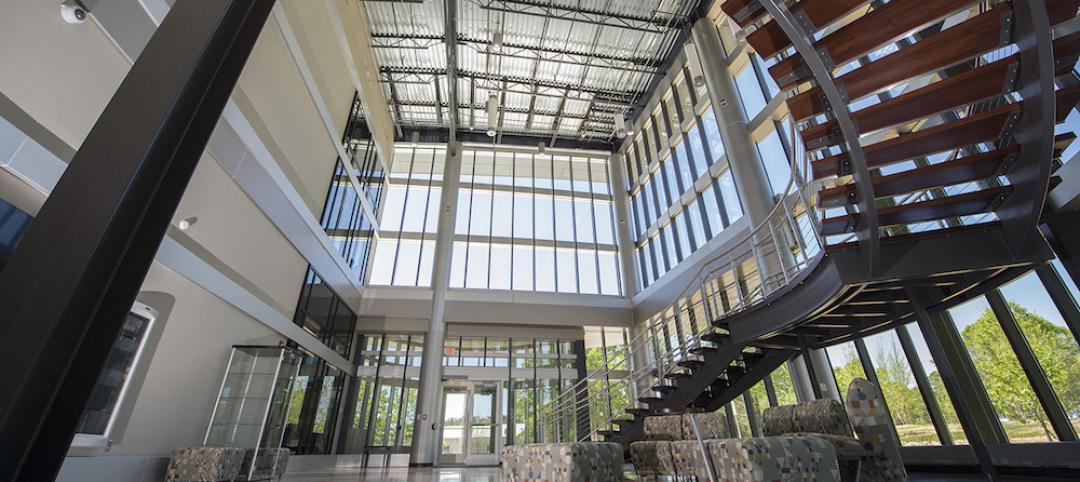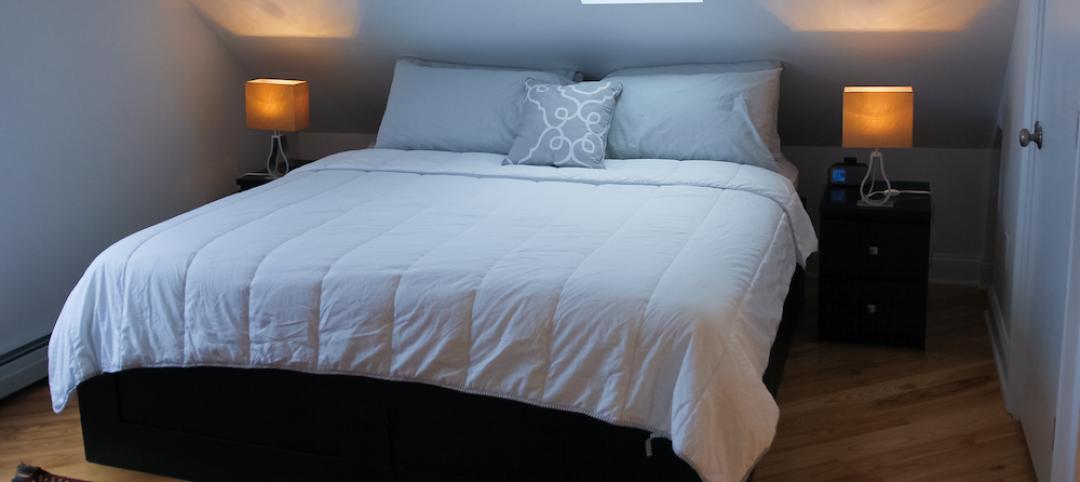Plug loads—the energy consumed by what building users plug into a socket rather than the energy it takes to heat or light a room—illustrates how much end-users impact overall building energy use. To be able to achieve a Net-Zero Energy Building, the ‘plug load problem’ should be incorporated into early energy modeling for the building. In addition, creating an education process whereby end-users (if known) understand the effects of their actions on overall building energy use is a key step towards achieving the highest level of green standards.
Related Stories
Resiliency | Jul 27, 2016
New York’s resilience plans not taking long-term view, critics charge
Continued waterfront development may be regretted later this century.
Green Specifications | Jul 26, 2016
New Miami Beach law requires LEED certification on projects larger than 7,000 sf
LEED Silver the prescribed standard on buildings larger than 50,000 sf.
Energy | Jul 25, 2016
Michigan law provides local governments with flexible energy conservation financing
Allows cities to fund projects without adding debt.
Contractors | Jul 15, 2016
Trade unions, contractors call for maximum penalty in construction worker death case
‘Sick and tired’ of lawbreaking contractors defining public perception.
Multifamily Housing | Jul 14, 2016
Portland, Ore., City Council approves construction excise tax for affordable housing
Expected to raise $8 million annually on commercial and residential projects.
Drones | Jul 13, 2016
FAA issues final rule on commercial use of drones
The rule covers commercial uses for drones that weigh less than 55 pounds, and it takes effect Aug. 29.
Codes and Standards | Jul 12, 2016
OSHA raises maximum civil penalties by 78%
Applies to infractions that occurred after Nov. 2, 2015.
School Construction | Jul 11, 2016
Fight over school funding in Arizona headed to court
Legislature accused of ignoring 1994 ruling ordering state to pick up some of the costs.
Green Specifications | Jul 8, 2016
World Green Building Council sets goal of 100% net-zero buildings by 2050
All new buildings and major renovations to be net-zero by 2030.
Market Data | Jul 7, 2016
Airbnb alleged to worsen housing crunch in New York City
Allegedly removing thousands of housing units from market, driving up rents.



